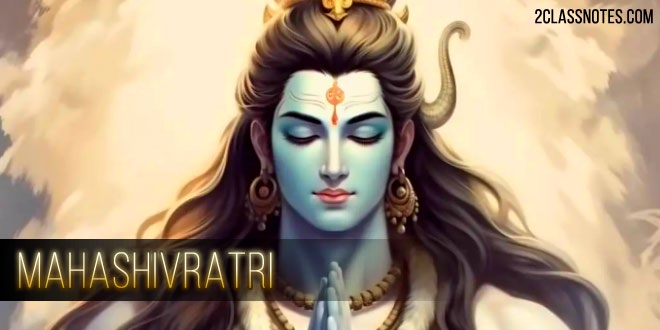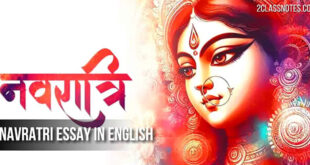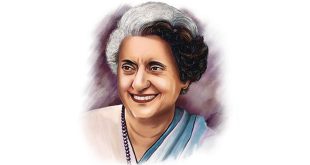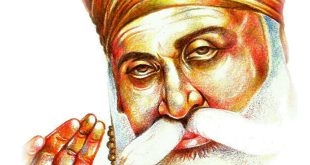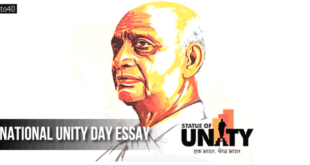Mahashivratri Essay in English: Mahashivratri, also known as the Great Night of Lord Shiva, is one of the most significant festivals celebrated by Hindus across the globe. It holds immense spiritual and cultural importance and is observed with great devotion and enthusiasm. This auspicious occasion commemorates the marriage of Lord Shiva to Goddess Parvati and symbolizes the triumph of good over evil, light over darkness, and knowledge over ignorance.
Mahashivratri is marked by various rituals, prayers, fasting, and festivities, all dedicated to honoring Lord Shiva, the supreme deity of the Hindu pantheon. In this essay, we delve into the significance, customs, and celebrations associated with Mahashivratri, exploring its deep-rooted spiritual essence and timeless cultural relevance.
Short Mahashivratri Essay in English: 200 Words
India, a land of diverse cultures, thrives on its rich tapestry of festivals. Regardless of religion, people across the country celebrate their respective festivities with immense fervor. Within Hinduism, a plethora of gods and goddesses are revered, each having their own dedicated festivals. In the Hindu calendar, the month of Phalguna marks the final month among the twelve, holding significant importance akin to the auspicious Magha month.
Hence, activities such as bathing and charity during this month are believed to yield propitious outcomes. In Falgun, besides the worship of Lord Shiva, it is customary to pay homage to deities like Mother Sita, Lord Krishna, Goddess Lakshmi, and Chandra Deva.
The festival symbolizes the triumph of illumination over obscurity. It is believed that Lord Shiva enacted the divine dance of creation, preservation, and dissolution on this significant day. Devotees observe fasting, stay awake through the night, and offer prayers to the Shiva Linga. The celebration is characterized by the recitation of hymns and songs extolling Lord Shiva’s virtues. Maha Shivratri transcends mere placement on the Hindu lunar calendar; it embodies a festival that threads the essence of devotion to Lord Shiva. Falling on the 14th day of the dark fortnight in the month of Phalgun (usually February or March), this auspicious night is considered the occasion when Lord Shiva performs the cosmic dance of creation, preservation, and dissolution.
Long Essay on Maha Shivratri: 325 Words
Mahashivratri Essay in English: Shivratri, the festival commemorating the union of Lord Shiva and Goddess Parvati, instills a sense of devotion and dedication among Hindus. Experience the vibrancy of this festival through captivating essays on Shivratri contributed by our visitors. We also extend an invitation to submit Mahashivratri essays to our site, enriching this page further.
The celebration of Mahashivratri, as the name suggests, occurs predominantly at night, setting it apart from other Hindu festivals typically observed during the daytime. The festivities include Jagran, the chanting of hymns dedicated to Lord Shiva, and continuous prayers throughout the night. Temples dedicated to Lord Shiva are thronged by devotees, and processions like Shiv Baarat, featuring participants dressed as demons, Lord Shiva, ghosts, etc., are carried out during the night.
Devout followers often remain awake throughout the night, while others embark on visits to various Shiva temples or embark on pilgrimages to the Jyotirlingas. This ancient Hindu festival’s exact origin remains shrouded in mystery.
In the tradition of Kashmir Shaivism, practitioners refer to the festival as Harnight or an occasion of acoustically pure Heart, cherished by devotees of Shiva in the Kashmir region. Maha Shivaratri spans either three or ten days, depending on the Hindu Luni-Solar calendar. Each lunar month witnesses one Shivaratri, totaling 12 annually.
The primary festival, known as Maha Shivaratri or the Great Shivaratri, falls on the 13th night (the waning moon) and the 14th day of the Phalguna month. According to the Gregorian calendar, this event typically occurs in February or March.
During the festival of Mahashivratri, fasting is observed by devotees who abstain from food for one day to worship Lord Shiva. Fasting holds significant importance in this celebration, aiding in the purification of both body and soul. This purification process is vital for enhancing concentration during worship. Fasting induces a sense of lightness and uplifts the spirit, enabling worshippers to engage with full attention, free from distractions. Additionally, fasting promotes health by providing rest to the body.
 Class Notes NCERT Solutions for CBSE Students
Class Notes NCERT Solutions for CBSE Students
